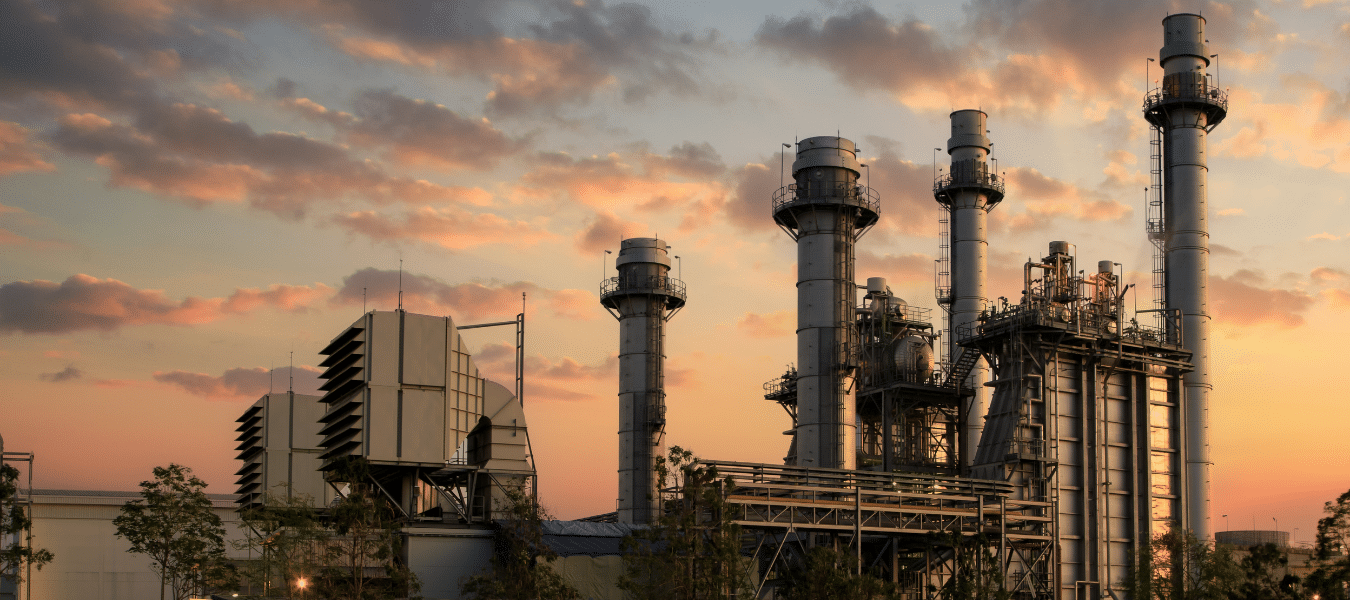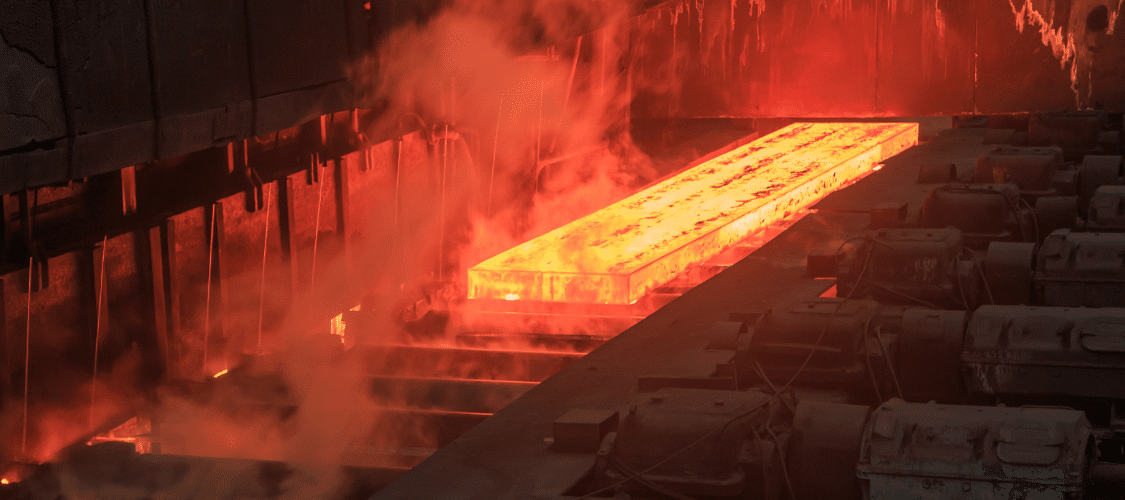Co-published with BankTrack, SteelWatch and The Fair Steel Coalition
Reclaim Finance, BankTrack, SteelWatch and the Fair Steel Coalition, which gathers 15 NGOs from the Global South and the Global North united for a fair and sustainable iron ore and steel industry, have sent a letter to 21 of the biggest banks that finance ArcelorMittal. (1) Recent reports by SteelWatch and the Fair Steel Coalition have shed light on the human rights and climate impacts of ArcelorMittal’s operations. Reclaim Finance reports have shown that banks have a key role to play to push ArcelorMittal to improve its climate and human rights approaches. The letter is urging banks to immediately engage with ArcelorMittal and to adopt policies to restrict financing to coal-based steelmaking.
10 June 2024
Dear financiers of ArcelorMittal,
We are writing to you as BankTrack, Reclaim Finance, SteelWatch a global NGO dedicated to decarbonising the steel sector, and the Fair Steel Coalition, a global alliance of 15 civil society organisations for a fair and sustainable iron ore and steel industry, to bring to your attention a number of risks and adverse impacts associated with your client ArcelorMittal.
ArcelorMittal, the world’s second-largest steel company, has received recent finance from your organisation. (2) As such, your bank is likely to be considered directly linked to the impacts arising from ArcelorMittal’s operations. We are therefore calling on your bank to take steps to prevent or mitigate these adverse impacts in line with your responsibilities. (3)
ArcelorMittal’s climate and human rights impacts
We would like to formally share two recent reports made by members of the Fair Steel Coalition which document the shortcomings of ArcelorMittal on climate and human rights, and contain a list of demands from affected communities and civil society.
The Real Co$t of Steel (4) is a report that documents the numerous impacts of mining and steelmaking in local communities in South Africa, Liberia, Mexico, and Brazil and calls for ArcelorMittal to be fully accountable for the impacts. The testimonies in the report reveal an alarming pattern of violence against environmental defenders, a lack of meaningful engagement, lack of access to remedy, and chronic neglect for the health and safety of workers and communities. The report urges the company to meaningfully engage with the coalition and set up an action plan to address the complaints and grievances highlighted by people and communities.
The ArcelorMittal Corporate Climate Assessment 2024 (5) assesses the climate targets and decarbonisation pathways of ArcelorMittal and finds the company off-track for a 1.5C-aligned scenario, back-tracking on green DRI commitments, and delaying the steel industry’s transition by investing in coal-based steel production. The report urges ArcelorMittal to revise its targets, rapidly establish decarbonisation plans at asset and group level, commit to transformation and step up to be the climate leader that it claims to be.
We would greatly appreciate you sharing these reports with ArcelorMittal’s account holder at your bank.
What banks must do
Communities from Liberia, Mexico and South Africa and their allies have created a set of demands for ArcelorMittal under the Shiny Claims, Dirty Flames campaign. (6) Their demands of the company are more fully set out in the annex of this letter. To use your leverage as a financier of ArcelorMittal, we call on your bank to:
- Require ArcelorMittal to publish concrete action plans to address all the recommendations set out in the report The Real Cost of Steel, and the ArcelorMittal Corporate Climate Assessment. Following this, ArcelorMittal must publish annual updates on the tangible actions taken in this regard.
- Using a clear escalation strategy within the next year, engage with ArcelorMittal to prevent and mitigate harm to workers and communities in Mexico, Liberia, and South Africa, and push the company to engage in a remediation process with communities.
- Using a clear escalation strategy within the next year, engage with ArcelorMittal to ensure that it adopts a 1.5-aligned Climate Action Plan. This would necessitate the adoption of science-based emission reduction targets applied throughout all subsidiaries and joint ventures, a commitment to not invest in building new coal-based steelmaking facilities or in the lifetime expansion of coal-based steelmaking facilities, asset-by-asset just transition plans, the establishment of clear deadlines for ending use of coal and gas by 2040 in OECD countries, and 2050 in the rest of the world, and the alignment of its financial strategy accordingly.
- Perform enhanced due diligence on ArcelorMittal given the high risk of continued adverse impacts. Due diligence, even when providing finance at the parent company level, should seek to assess risks on the ground across all of ArcelorMittal’s global operations. We recommend that your bank also conducts an assessment of the quality of ArcelorMittal’s due diligence and complement it where appropriate, including by seeking the views of potentially affected rights holders. (7)
In line with the UN Guiding Principles on Human Rights, it is likely that your organisation is considered directly linked to the impacts set out in our reports, and unless your bank takes appropriate action, it is at risk of contributing to those impacts, and thereby being accountable for remedy in the future.
We call on banks to engage with ArcelorMittal and take all appropriate measures to ensure it upholds its responsibilities to respect human rights as outlined in the OECD Guidelines for Multinational Enterprises and UN Guiding Principles on Business and Human Rights, and fully aligns its operations with the Paris Agreement.
We also call banks to adopt a sectoral policy on the iron and steel sector to restrict financing to coal-based steelmaking, beginning with ending dedicated financial services to new blast furnaces and to the relining of existing blast furnaces.
With this letter, we hope to bring the risks relating to ArcelorMittal to your attention, and we would like to request a meeting with you, and members of the Fair Steel Coalition, to discuss these issues further. We look forward to receiving a response from you by no later than 10 July 2024, and, in the meanwhile, we remain at your disposal should you have any questions or need further clarification.
Sincerely,
Julia Hovenier, BankTrack, Banks and Steel Campaigner, julia@banktrack.org
Cynthia Rocamora, Reclaim Finance, Industry Campaigner, cynthia@reclaimfinance.org
Filipa Lopes, Coalition Coordinator, Fair Steel Coalition, steelcoalition.coordinator@gmail.com
Caroline Ashley, Director, SteelWatch, caroline@steelwatch.org



